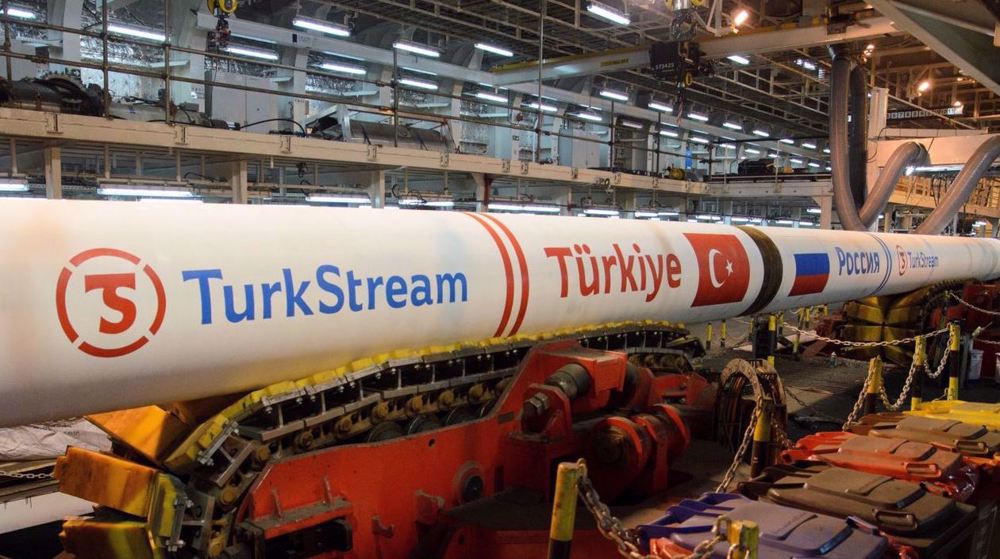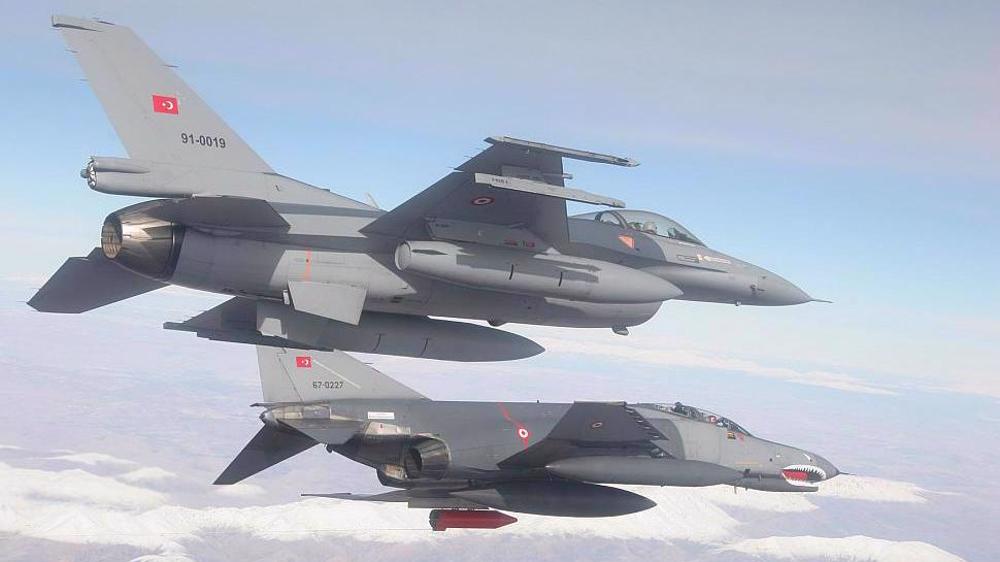US steps against Ankara politically-motivated, could destabilize region: Turkey’s finance minister
Turkish Finance Minister Berat Albayrak says recent unilateral steps taken by the United States to wage an economic war against Ankara are politically-motivated and could serve to ultimately bolster regional terrorism and the refugee crisis.
"These steps taken with political motivation will not only impact the global financial system but also global trade and regional stability," Albayrak said at a joint news conference with his French counterpart Bruno Le Maire in Paris on Monday.
"With the damage [the steps] will cause to regional stability, they will unfortunately contribute to chaotic problems that feed terrorism and also the refugee crisis,” he added.
Albayrak, who is the son-in-law of Turkish President Recep Tayyip Erdogan, said Ankara intended to take its relations with the European Union to a new phase where trade with the 28-member bloc is more important.
The Turkish finance minister also told Le Maire that Turkey aimed to boost trade with France – now standing at 14 billion euros – to 20 billion euros.
Washington and Ankara are entangled in a dispute over an American pastor standing trial in Turkey over terror charges.
Pastor Andrew Brunson has been accused of having links with the outlawed Kurdistan Workers’ Party (PKK) and the Gulen movement, which Turkey blames for the 2016 failed military coup.
Brunson, who has already spent nearly two years behind bars in Turkey, has denied the charges, calling them “shameful and disgusting.” If found guilty, he will face up to 35 years in jail. His imprisonment and then house arrest have caused one of the deepest rows between Turkey and the US.
The US has taken the dispute to the economic front, adopting a series of punitive measures against Turkey, including imposing sanctions on Turkish ministers and doubling of steel and aluminum tariffs, which have led to a sharp decline in Turkey's currency, the lira.
Ankara has vowed not to back down in the face of US attempts to achieve its political goals through economic pressure.
The two NATO allies also disagree over a number of issues, including their military interventions in the Syria war, Ankara's plan to buy missile defense systems from Russia and the US conviction of a Turkish state bank executive on sanctions-busting charges in January.
Tehran rejects Elon Musk’s role in release of Italian journalist as ‘media fantasy’
Pezeshkian: Iran open to talks but prepared to crush enemy if attacked
Araghchi: Iran-Russia strategic deal step toward ‘more just world’
UNRWA unraveled amid Israel's allegations, reduced intl. support
Palestinian journalist, a Sobh Media Festival awardee, killed in Gaza hours before truce
Jan. 15: ‘Axis of Resistance’ operations against Israeli occupation
VIDEO | Fears, hope in Gaza amid intensified ceasefire efforts
VIDEO | Press TV's news headlines















 This makes it easy to access the Press TV website
This makes it easy to access the Press TV website